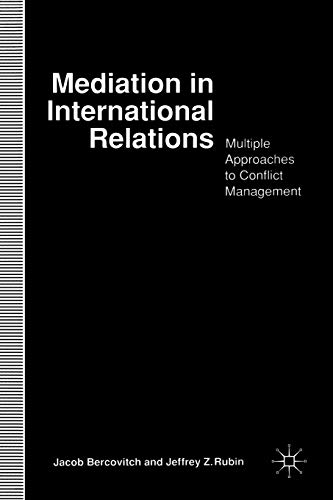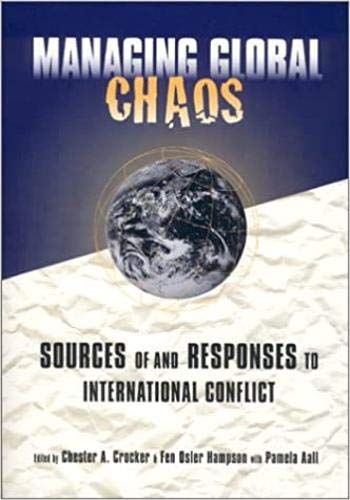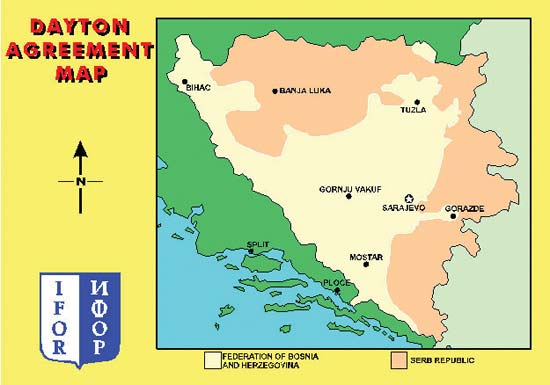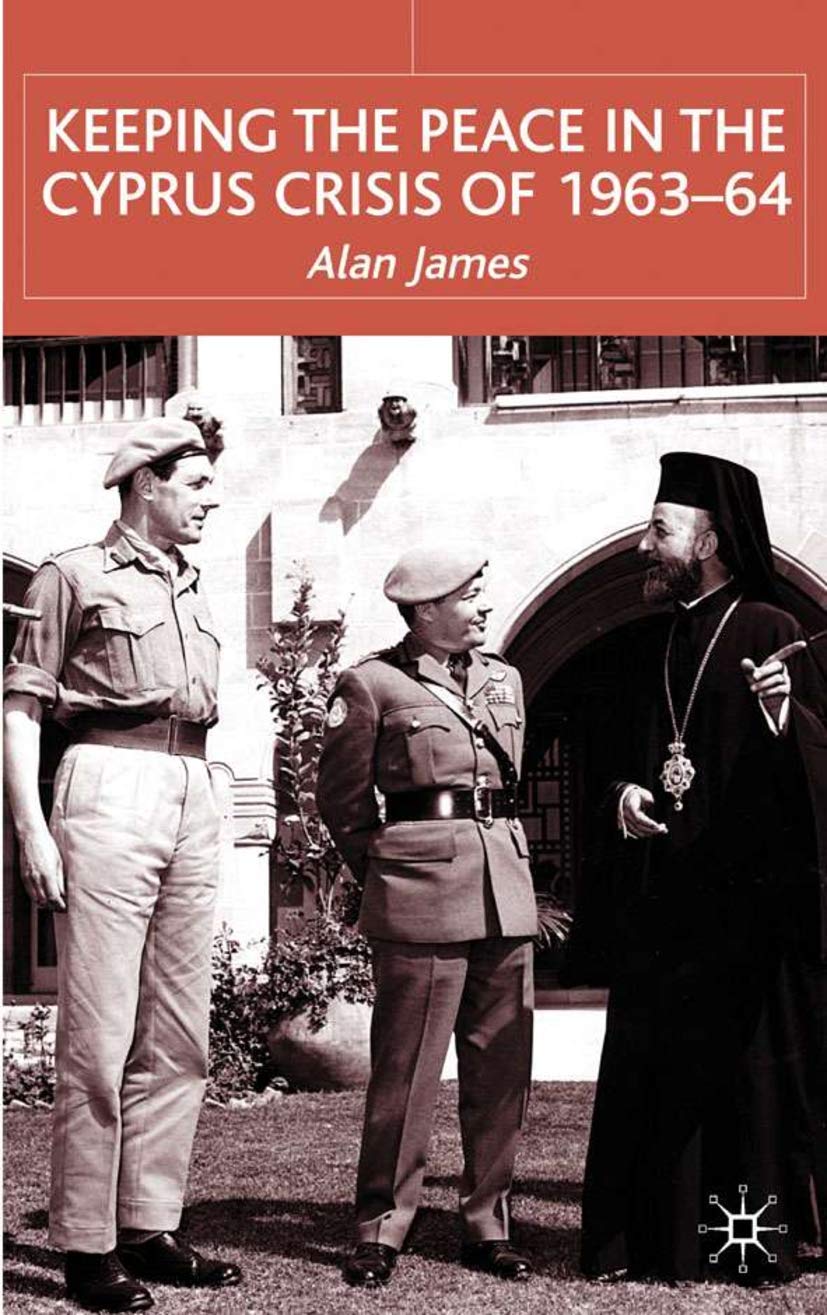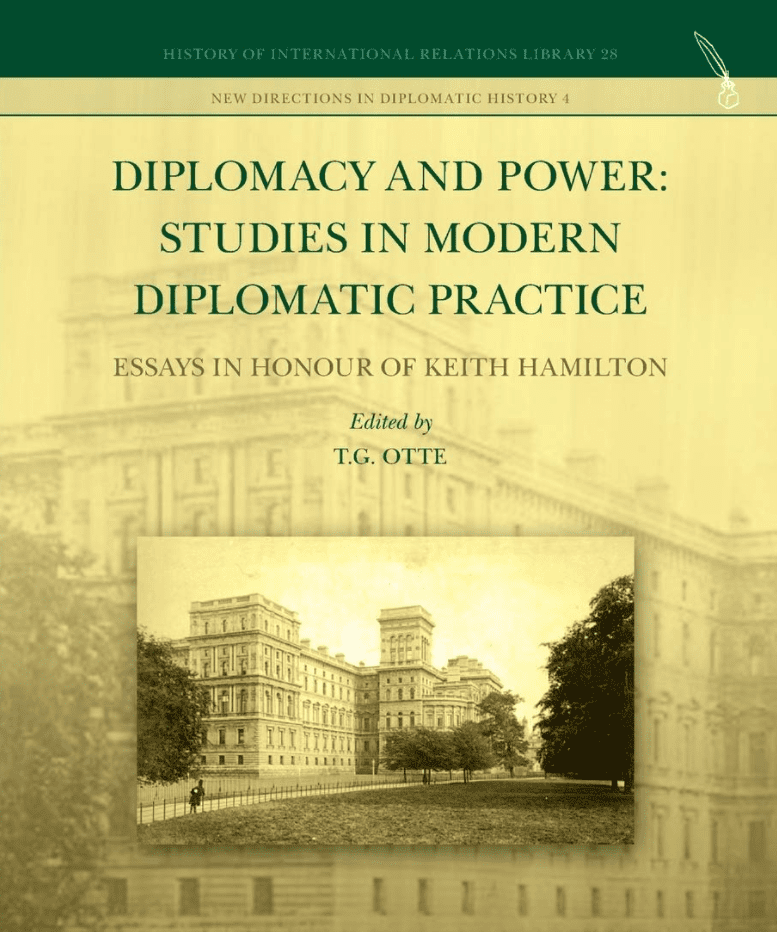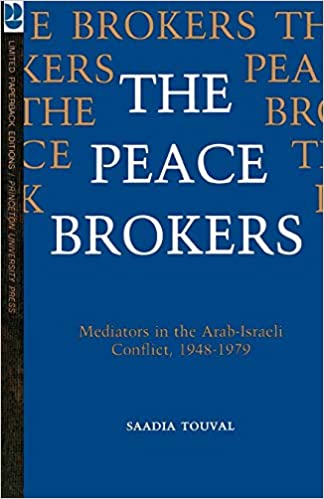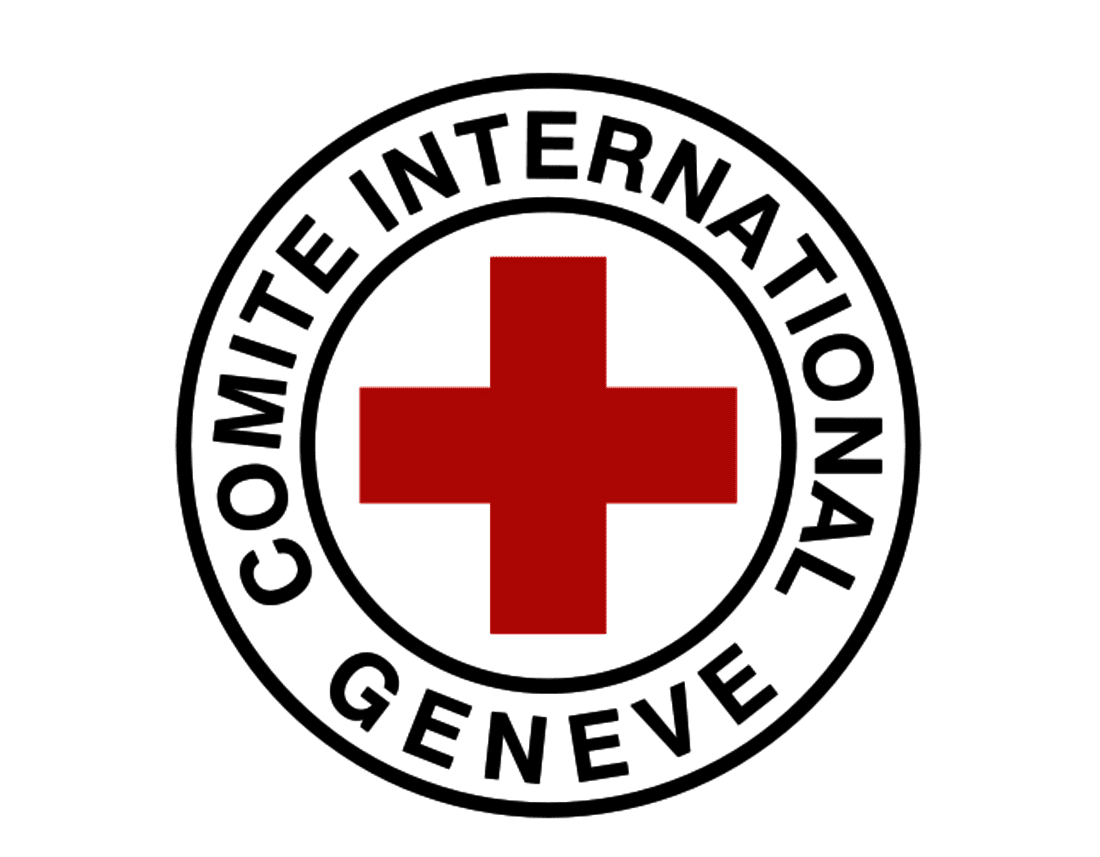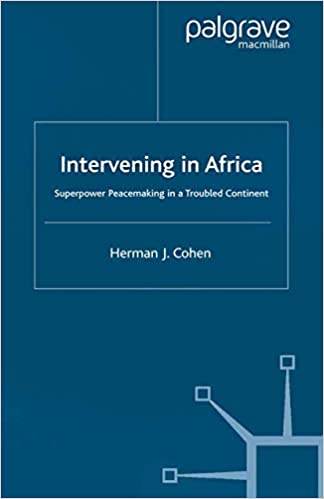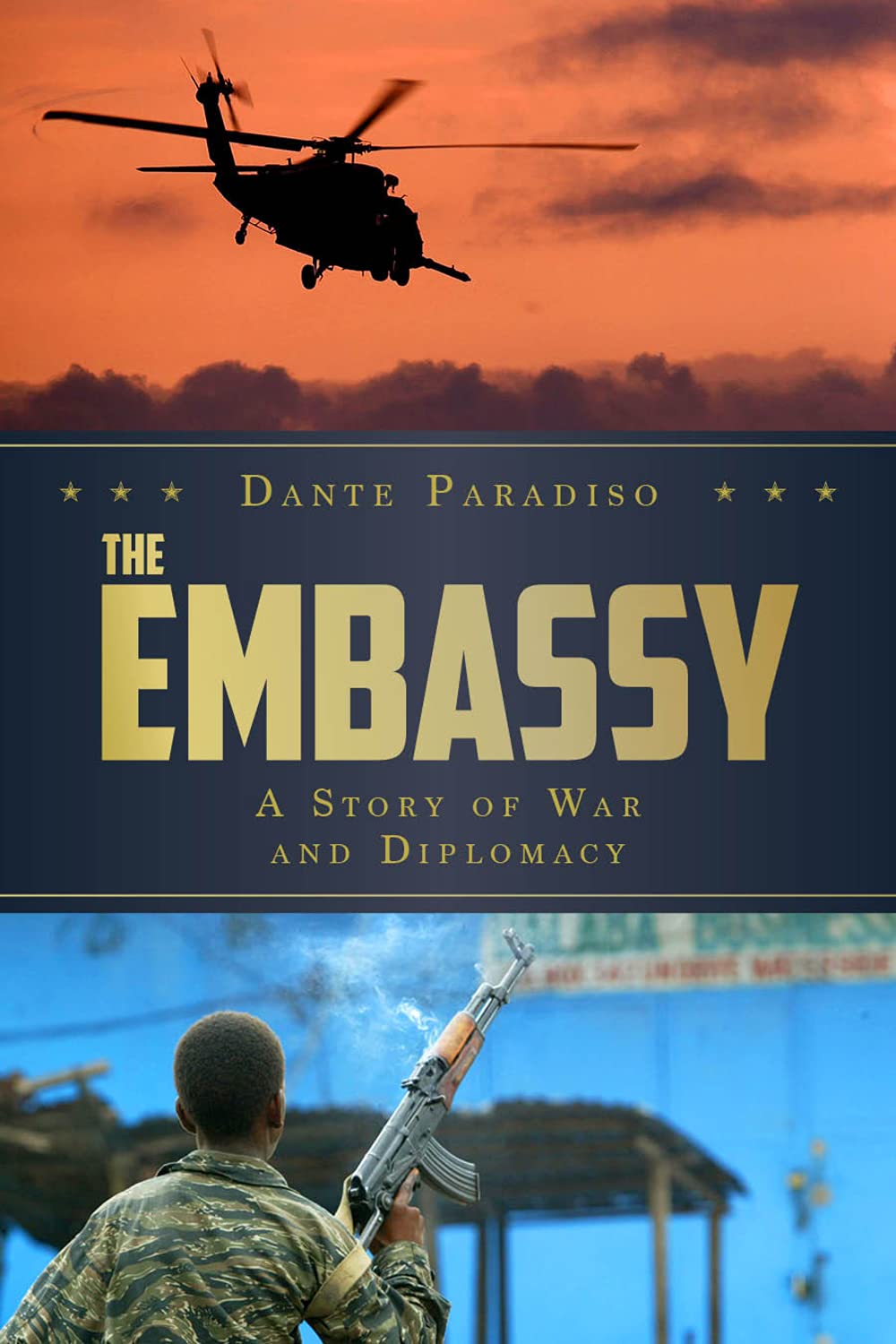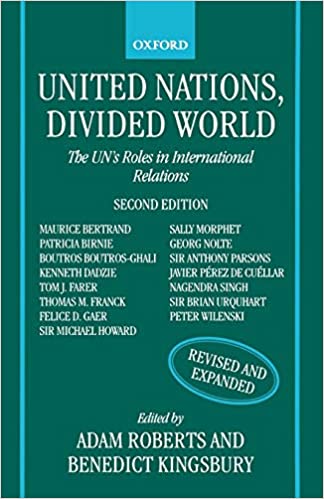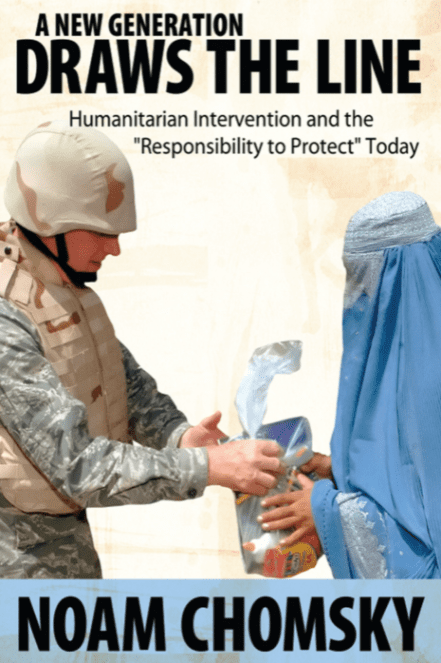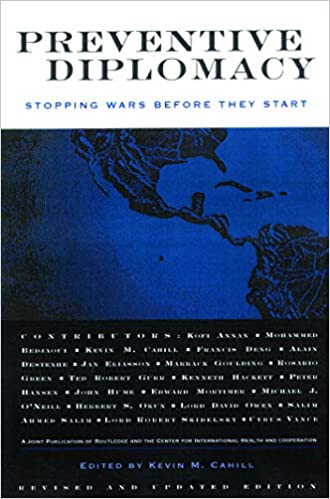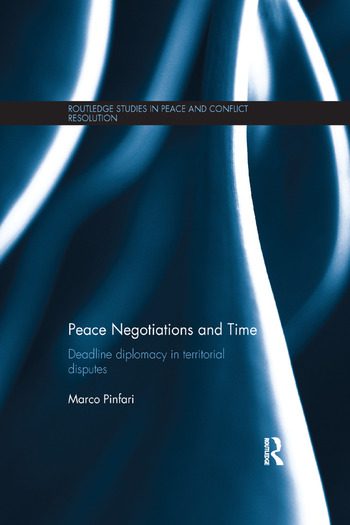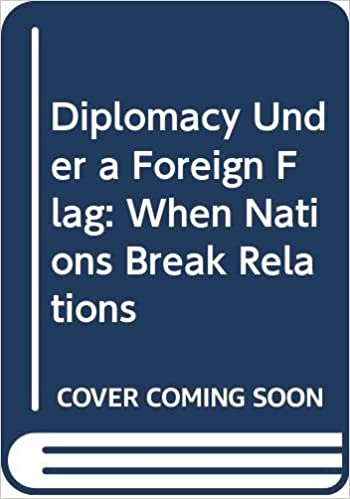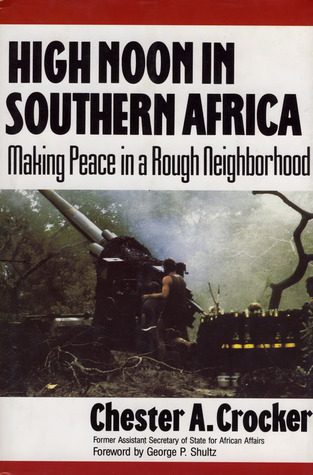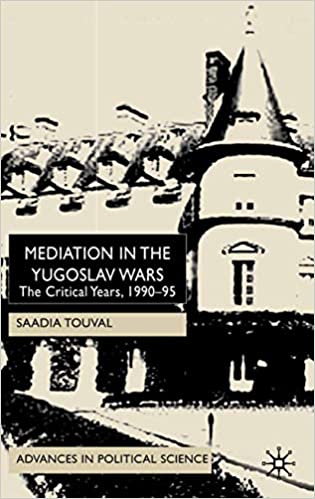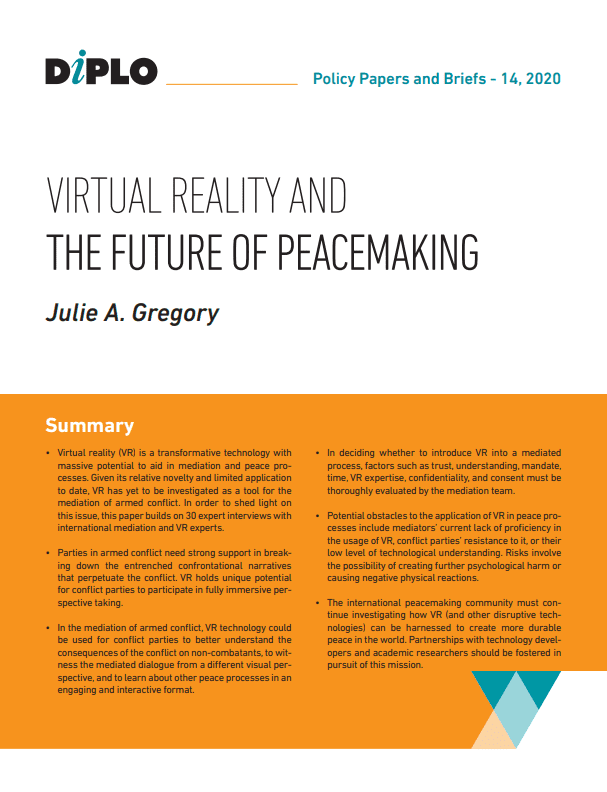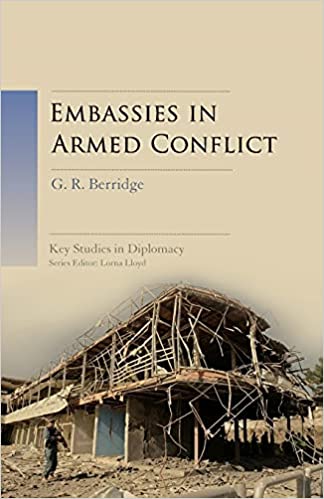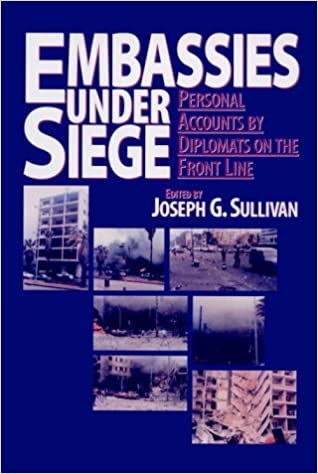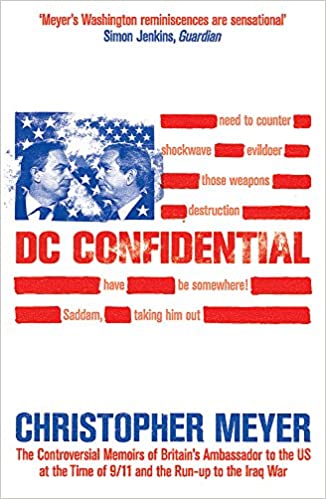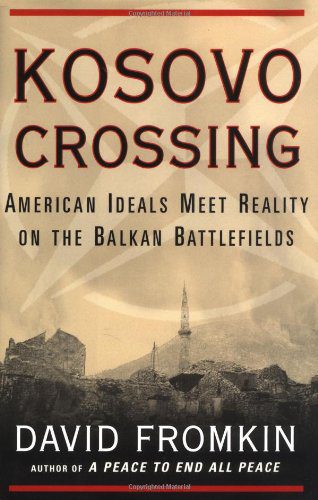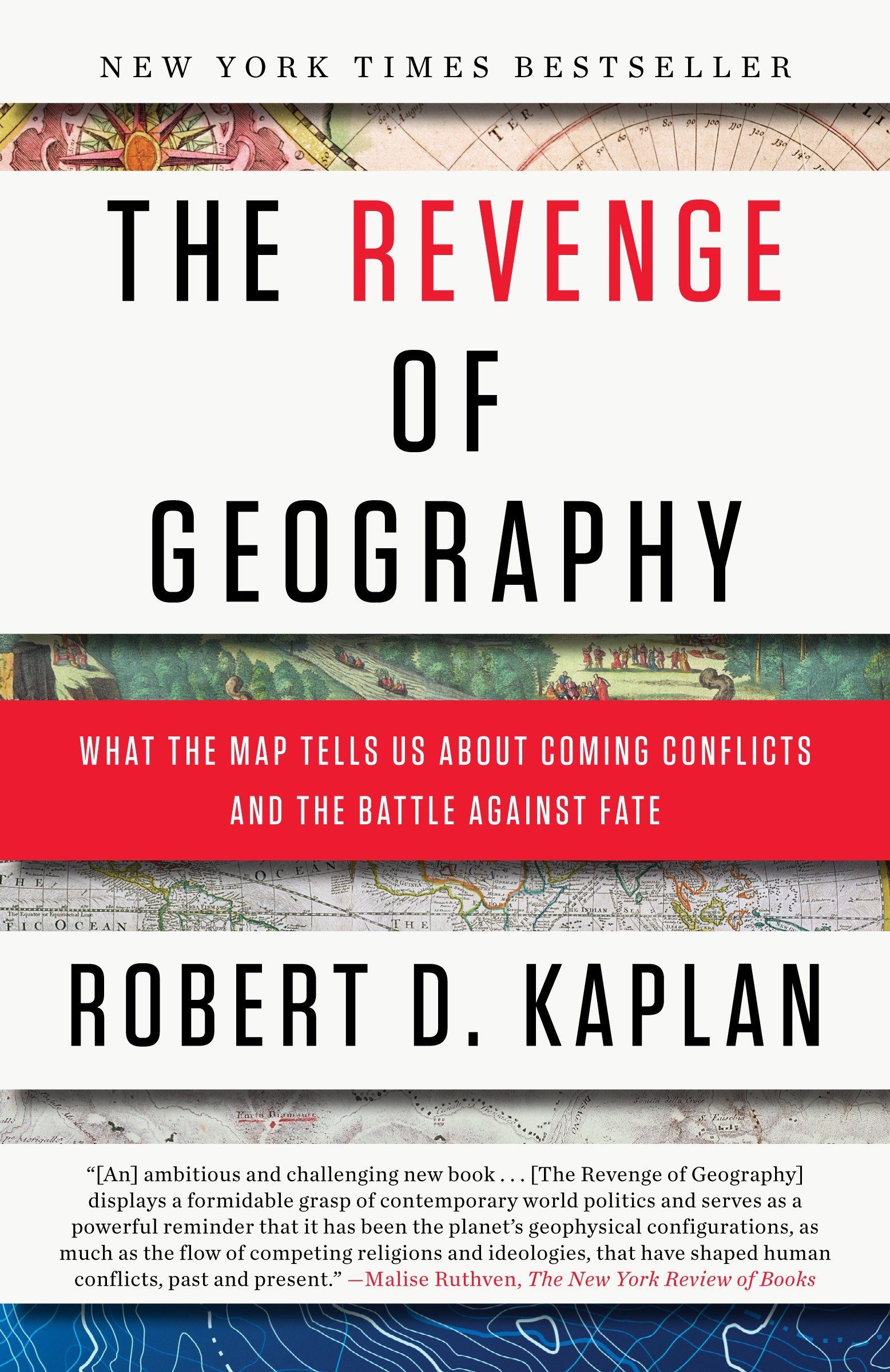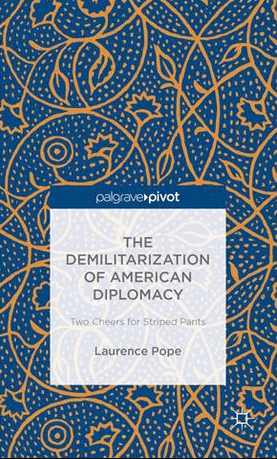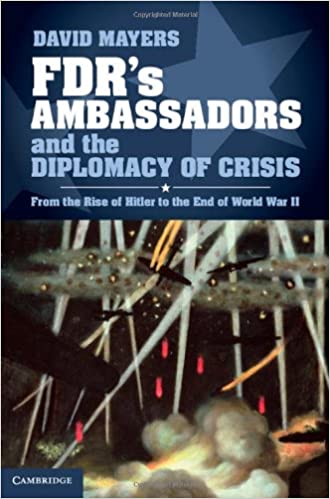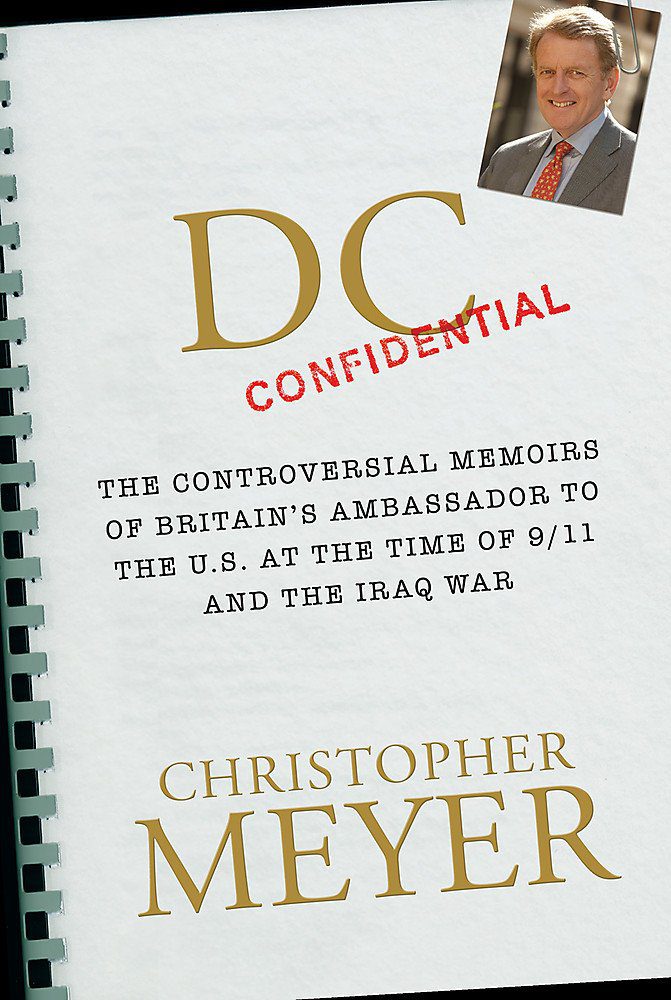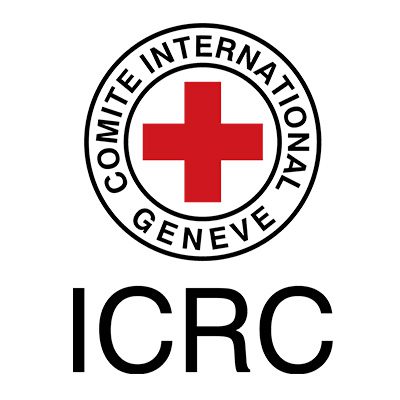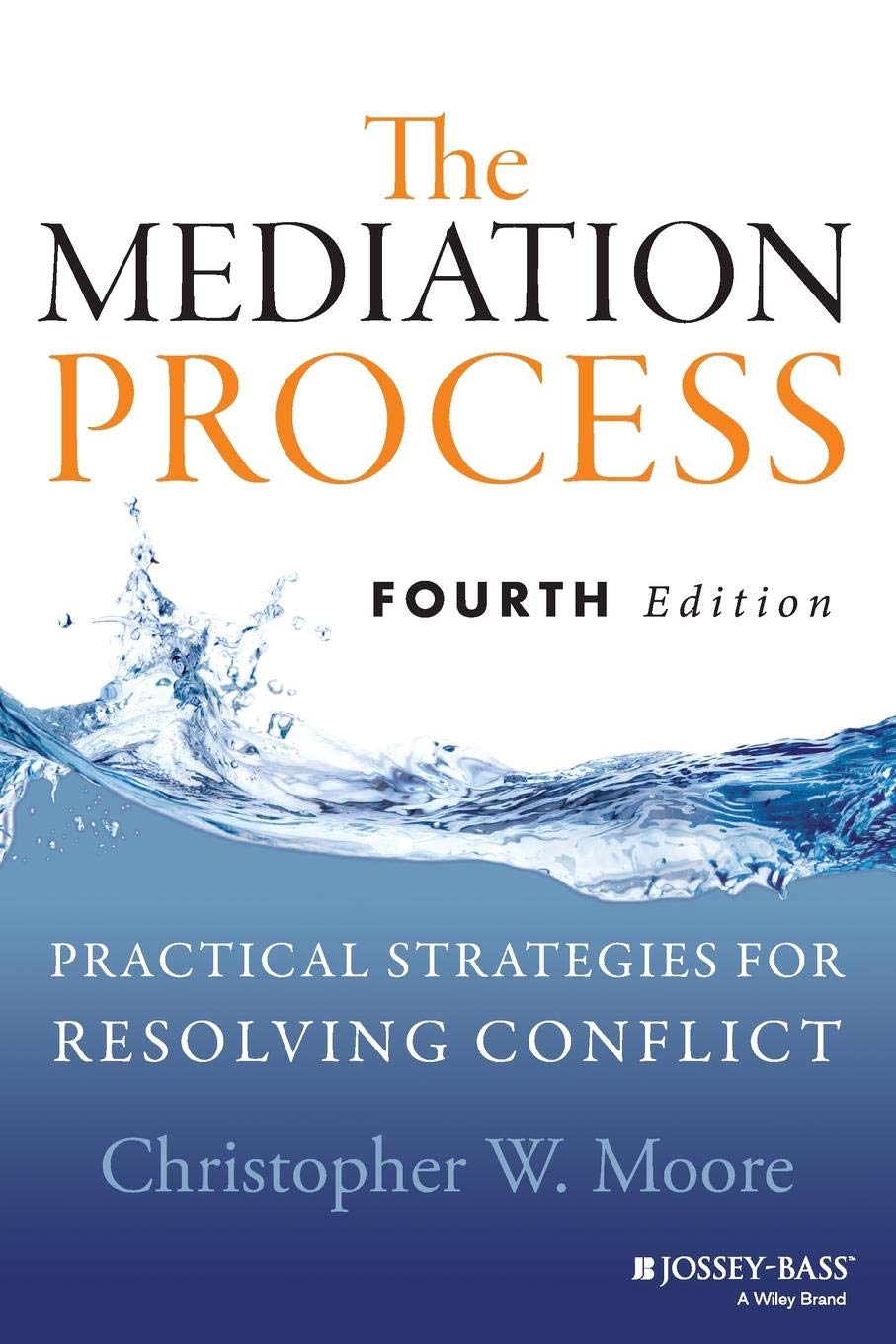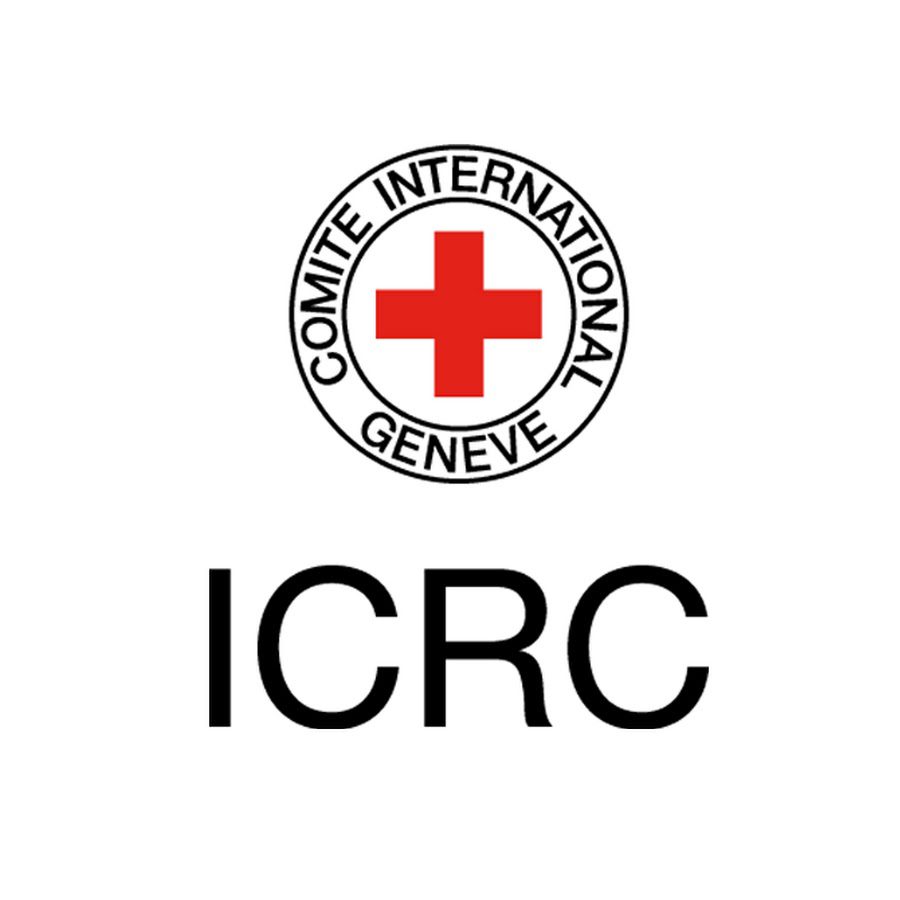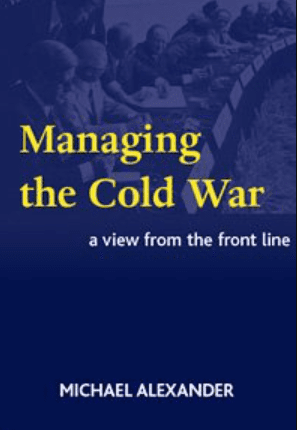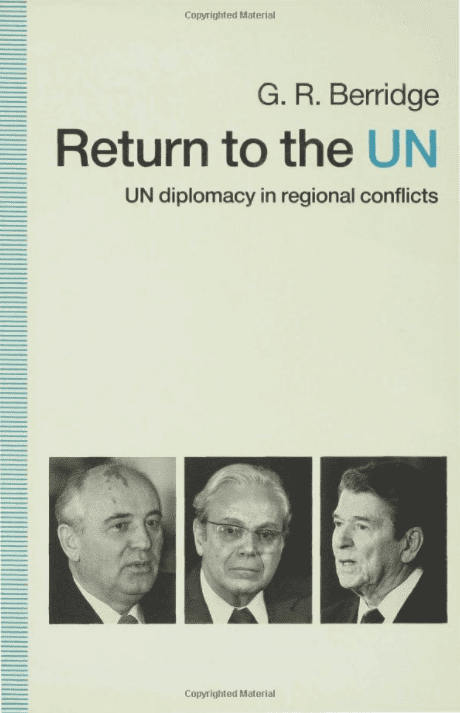Author: Geoff Berridge
Decision-Making in the UN Security Council: The case of Haiti, 1990-1997
1998
David Malone is a former Canadian diplomat. During the first five years of the period on which his book focuses he represented Canada at the UN in New York, first on ECOSOC and then as Ambassador and Deputy Permanent Representative with important responsibilities in peacekeeping. Prompted by his country’s close interest in Haiti, this was a valuable vantage point from which to observe the subject of his study: first, how in September 1994 the UN helped restore democratically elected President Aristide to power after he had been removed by a military coup three years earlier; and secondly, how it then tried to assist the re-building of his tattered state. Malone establishes the context with a chapter on the ‘rise and decline of Security Council activism’ from 1990 until 1997 and another on Haiti’s history from 1492 until 1990. Over the five subsequent chapters (including a lengthy conclusion) he tackles his case by means of a lucid and well documented narrative. The conditions that permitted UN military action to change Haiti’s government were ‘singular’: a strong US interest in halting the influx of refugees, no expectation of significant military resistance, and wide regional support. Nevertheless, Malone concludes, the UN had never done anything like this before and a precedent had thus been created. This may, however, be less significant if it is also true, as he suggests, that Washington was permitted a UN cloak for this intervention ‘provided other major powers were given equal latitude in their own back yards’ (Roberts). There is, I fear, nothing new about this sort of thing.
Students of Security Council reform will find useful the short primer on this provided on pages 31 to 33. Those with an interest in multiparty mediation will find this book even more instructive, even though Malone has no interest in the bearing of his case on this particular subject. This aspect is thus best studied via the index references to ‘Caputo, Dante’ (who was OAS as well as UN Special Envoy for Haiti until his resignation in September 1994), ‘Group of Friends’, and ‘Carter mission’, chiefly in chapters 5 and 6. Jimmy Carter’s role is sympathetically treated.
David Malone’s book could have done with more ‘de-thesifying’, as the former Publishing Director of Macmillan’s Academic Division used to call it. Endmatter accounts for forty per cent of it even excluding the index. Chiefly endnotes – many of great interest – much of this might with advantage have been woven into the main text. The chapter summaries are perhaps also too long, there are too many long quotations, and the number of acronyms becomes slightly mind-numbing. The following sentence is not unusual: ‘However, solidarity with GRULAC, which continued to support UNMIH, led to NAM demarches on both Russia and China favouring UNMIH extension.’ Nevertheless, the author cannot be blamed for the titles that groups give themselves. His book remains accessible and of great value. As Adam Roberts says: ‘We need more such studies of how the UN Security Council actually works in crises, and how it interrelates to other institutions and processes.’


